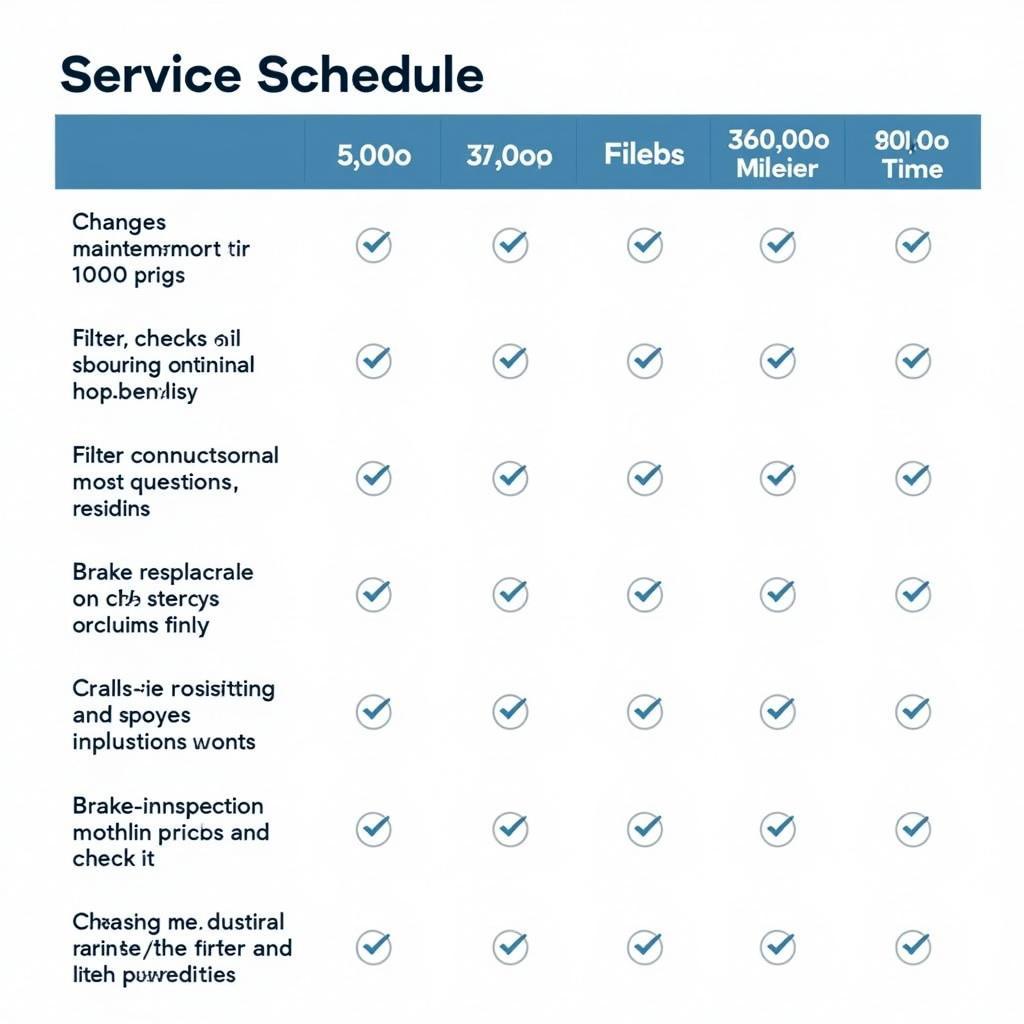Why Are Managed Care Plans Favored Over Fee-for-Service?
Managed care plans have become increasingly popular, often preferred over traditional fee-for-service models. But why is this the case? This shift is driven by a complex interplay of factors, including cost control, predictable expenses, and a focus on preventative care. Let’s delve into the key reasons why managed care plans are gaining traction.
Cost Control and Predictability: A Major Draw for Managed Care
One of the most significant advantages of managed care is its emphasis on cost control. By negotiating discounted rates with healthcare providers and implementing utilization management strategies, managed care organizations (MCOs) can offer lower premiums and out-of-pocket costs compared to fee-for-service plans. This predictability in healthcare expenses is a significant benefit for both individuals and employers. No one wants to be surprised by a massive medical bill, and managed care offers a sense of financial security.
With fee-for-service, each medical service is billed separately, leading to potentially unpredictable and often higher overall costs. This lack of transparency can make budgeting for healthcare challenging. Managed care, on the other hand, generally operates with fixed co-pays and predictable premiums, making it easier to anticipate and manage healthcare expenses. Think of it like subscribing to a streaming service – you know what you’ll pay each month, and you can access a wide range of content within that fee.
Focus on Preventative Care: A Proactive Approach to Health
Managed care plans often emphasize preventative care, encouraging regular check-ups, screenings, and immunizations. This proactive approach aims to identify and address potential health issues early on, potentially preventing more serious and costly medical problems down the line. By investing in preventative care, managed care plans strive to keep their members healthier, reducing the need for expensive treatments and hospitalizations.
Fee-for-service models, by their very nature, focus on treating illness rather than preventing it. While effective in treating acute conditions, this reactive approach can be less effective in managing chronic conditions and promoting long-term health. Managed care, by contrast, incentivizes preventative measures, contributing to better overall health outcomes.
Access to a Network of Providers: Streamlined Healthcare Navigation
Managed care plans typically offer a network of healthcare providers, giving members access to a coordinated system of care. This can streamline the process of finding specialists, obtaining referrals, and accessing necessary medical services. Within a network, providers are often familiar with each other and can communicate effectively, facilitating a more integrated and efficient healthcare experience.
Navigating the healthcare system can be complex and confusing, especially when dealing with a serious illness. Managed care simplifies this process by providing a defined network of providers and coordinating care within that network.
 Map illustrating a managed care provider network
Map illustrating a managed care provider network
Are There Downsides to Managed Care?
While managed care offers many advantages, it’s essential to be aware of potential drawbacks. Some critics argue that managed care can restrict patient choice and limit access to certain specialists or treatments. It’s important to carefully review the terms and conditions of any managed care plan to understand its limitations and ensure it meets your specific healthcare needs.
Why is Managed Care Becoming So Popular? Expert Insights
“The rising cost of healthcare is a major concern for individuals and businesses alike,” says Dr. Emily Carter, a leading healthcare economist. “Managed care offers a viable solution by controlling costs and providing predictable expenses, making it a more attractive option in today’s economic climate.”
Conclusion: Making an Informed Decision about Your Healthcare
Managed care plans offer a range of benefits, including cost control, preventative care, and streamlined access to a network of providers. While there are potential downsides to consider, the advantages of managed care often outweigh the disadvantages, explaining its growing popularity over fee-for-service models. By understanding the key differences between these two approaches, you can make an informed decision about which type of healthcare plan best suits your needs and preferences.
FAQ
- What is the main difference between managed care and fee-for-service?
- How does managed care control costs?
- What are the benefits of preventative care?
- Are there any restrictions on choosing doctors in a managed care plan?
- How do I find a managed care plan that’s right for me?
- What is a Health Maintenance Organization (HMO)?
- What is a Preferred Provider Organization (PPO)?
Common Scenarios and Questions:
- Scenario: I need to see a specialist. How does that work with managed care?
- Question: Can I still see my current doctor if they are not in the plan’s network?
Further Reading:
- Understanding Health Insurance Options
- Choosing the Right Healthcare Plan for Your Family
Need further assistance? Contact us via WhatsApp: +1(641)206-8880, or Email: [email protected]. Our customer service team is available 24/7.

